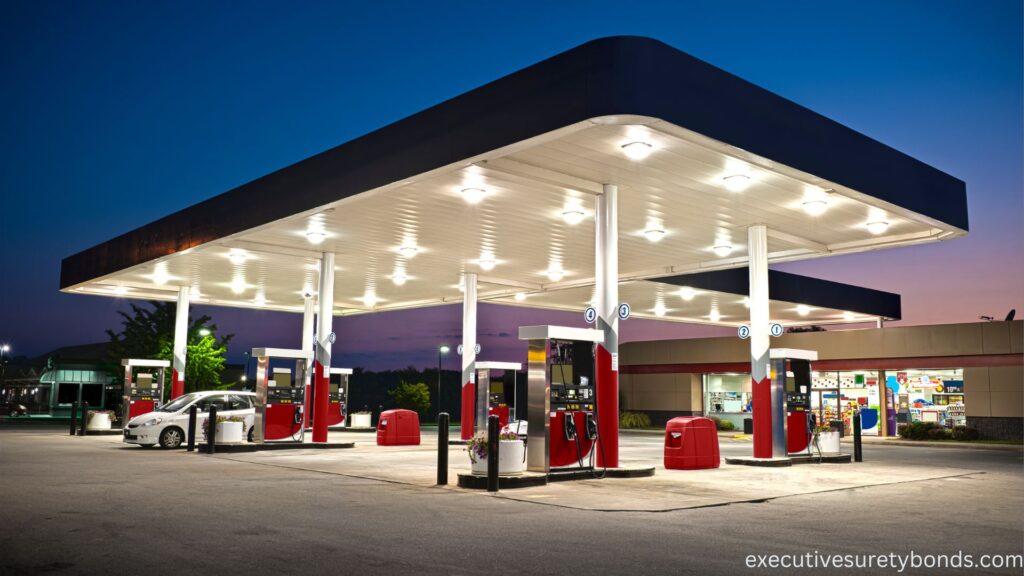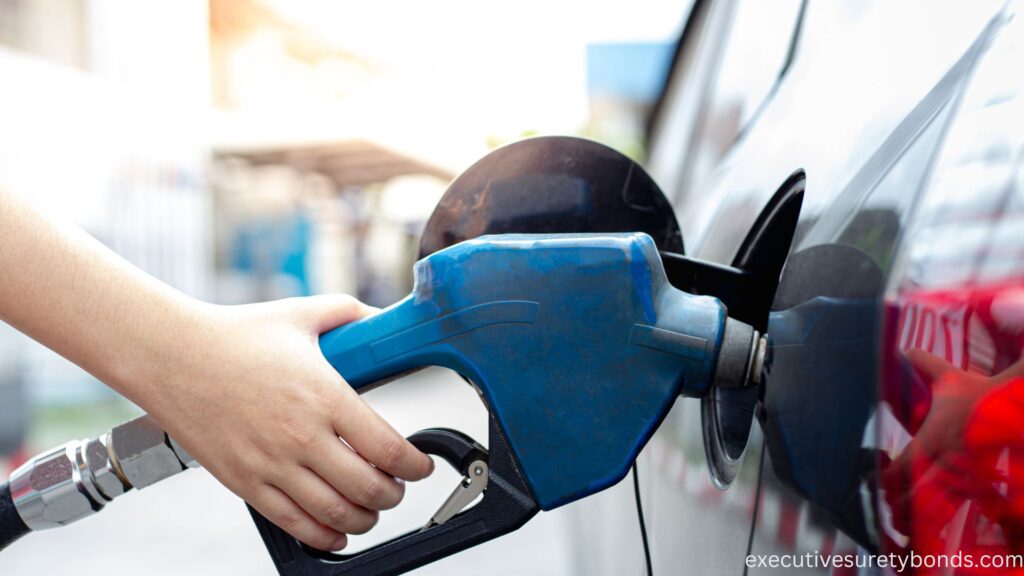Introduction
Every time you pull up to a gas station to fill your tank, you’re participating in a system that keeps our roads paved, our vehicles moving, and our lives connected. In Louisiana, the Motor Fuels Tax is a vital source of revenue for maintaining our transportation infrastructure. To ensure that this tax is collected accurately and fairly, there’s something called the Terminal Operator Bond. In this article, we’ll explore what the Louisiana Motor Fuels Tax is, why it’s essential, and the role of the Terminal Operator Bond in this process.
Understanding the Louisiana Motor Fuels Tax
The Louisiana Motor Fuels Tax is a tax on gasoline and diesel fuel. Every time you buy fuel, a portion of what you pay goes toward this tax. The revenue generated from this tax is used for maintaining and improving Louisiana’s roads, highways, and other transportation infrastructure.
What is a Terminal Operator Bond?
The Terminal Operator Bond is a financial guarantee required by the Louisiana Department of Revenue from terminal operators. Terminal operators are businesses responsible for receiving, storing, and distributing motor fuels such as gasoline and diesel.
Why is it Required?
The requirement for a Terminal Operator Bond serves several important purposes:
- Tax Collection: It ensures that terminal operators correctly report and pay the Motor Fuels Tax to the state. This tax revenue is vital for funding infrastructure projects and maintaining our roads.
- Consumer Protection: The bond provides protection for consumers by ensuring that the fuel they purchase is subject to the appropriate taxes. This helps prevent fraud and ensures fairness in the marketplace.
- Regulatory Compliance: Terminal operators must adhere to state laws and regulations regarding fuel storage and distribution. If they fail to comply, the bond can be used to cover fines and penalties.
How Does it Affect Terminal Operators and Drivers?
The presence of the Terminal Operator Bond affects both terminal operators and drivers:
- Terminal Operators: Terminal operators must obtain and maintain this bond as part of their legal obligations. It represents a financial commitment to ensure they comply with tax regulations and store and distribute fuel responsibly.
- Drivers: Drivers benefit from the funds generated through the Motor Fuels Tax, as it contributes to maintaining and improving the quality of the state’s roads and highways. This makes travel safer and more efficient.
Conclusion
In conclusion, the Louisiana Motor Fuels Tax and the Terminal Operator Bond are essential components of Louisiana’s transportation infrastructure funding system. While you may not always think about it, the tax you pay at the pump plays a crucial role in keeping our roads in good condition. The Terminal Operator Bond ensures that terminal operators handle fuel transactions responsibly and fairly, which benefits both consumers and the state. So, the next time you go for a drive or fill up your tank, remember that these financial mechanisms are working behind the scenes to keep our roads safe and our journeys smooth.
Frequently Asked Questions
Can a terminal operator in Louisiana use a different form of financial security, such as an insurance policy, instead of obtaining the Terminal Operator Bond to meet the requirements?
In most cases, terminal operators in Louisiana are required to obtain the Terminal Operator Bond as the specified form of financial security. While some financial instruments like insurance policies might be acceptable in other contexts, the Terminal Operator Bond is mandated by the Louisiana Department of Revenue to ensure compliance with fuel tax regulations. Terminal operators should consult with the department for precise guidance on bonding requirements.
Are there any exemptions from the Terminal Operator Bond requirement for small-scale terminal operators who handle limited quantities of fuel in Louisiana?
There may be variations in the bond requirement for terminal operators in Louisiana based on factors such as the size and nature of their operations. Smaller terminal operators handling limited quantities of fuel might have different bonding requirements than larger facilities. The specifics can vary, so it’s essential for terminal operators to consult with the Louisiana Department of Revenue to understand their specific obligations.
What happens if a terminal operator fails to meet their financial obligations related to the Terminal Operator Bond in Louisiana, and how does it affect their ability to operate?
If a terminal operator fails to meet their financial obligations related to the Terminal Operator Bond in Louisiana, it can have serious consequences for their ability to operate. The bond is a legal requirement, and failure to comply with this requirement can result in penalties, fines, or even the suspension or revocation of the terminal operator’s license. This can halt their ability to handle and distribute motor fuels, impacting their business operations and compliance with state regulations. Terminal operators should prioritize compliance with bonding requirements to continue operating legally in Louisiana.

